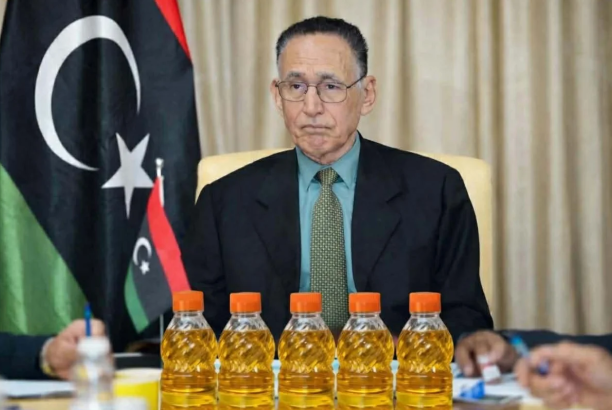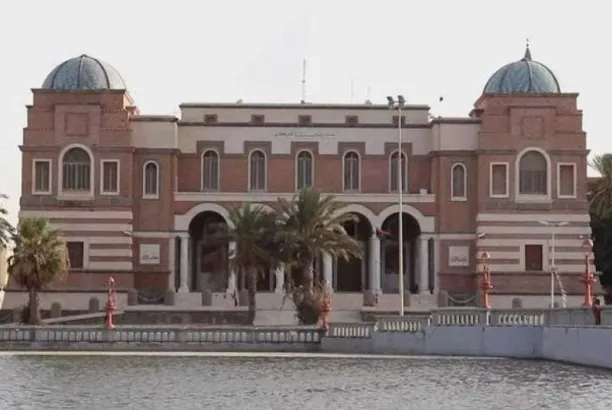
| News
The Guardian: Fuel Smuggling by State Politicians Cost Libya $20 Billion Over Three Years – Here Are the Details
The British newspaper The Guardian reported on Wednesday that the rise in state-sponsored fuel smuggling between 2022 and 2024 caused the Libyan people to lose around $20 billion (£15 billion) in revenues – a staggering figure that calls for decisive international sanctions against those responsible, according to the most comprehensive report published on the systematic looting of Libya’s main source of revenue.
According to the newspaper, the report by the investigative and policy organization The Sentry states that politicians and security leaders, who claim to serve the people and fight organized crime, are in fact the main masterminds behind fuel smuggling in Libya, often with support from foreign countries. Some of the imported fuel was even smuggled to Sudan, prolonging the civil war there.
The Sentry called for a Western-backed investigation into Libyan oil officials known to be at the heart of the fuel smuggling network and urged international assistance to ensure Libyan investigative bodies can identify those who stole funds from the Libyan people.
The report noted that fuel smuggling has been a long-standing problem in Libya, but claims that the amounts involved rose sharply after 2022, following a change in leadership at the National Oil Corporation (NOC) of Libya – one of the few government bodies that spans the East-West divide, effectively creating two governments since the fall of Muammar Gaddafi in 2011.
The newspaper said that the NOC implemented a system whereby Libya’s abundant crude oil was exchanged for imported refined fuel, which, instead of being consumed locally at subsidized prices, was resold abroad for enormous profits.
By late 2024, the NOC’s fuel imports had risen from around 20.4 million liters per day in early 2021 to a peak exceeding 41 million liters per day. No genuine increase in local demand for refined gasoline could justify such a dramatic rise. The Sentry claims that more than half of the imported refined gasoline was sold by criminal networks for private profit.
The report explains that, due to the massive scale of smuggling, fuel trafficking can no longer be portrayed as merely a side effect of weak governance. In 2021, Libya’s top rulers effectively adopted it as part of a broader systematic strategy to siphon vast wealth from the population.
The newspaper noted that organized crime networks, in collaboration with corrupt officials with influence over state bureaucracy, logistics centers, distribution points, roads, and border crossings, greatly increased the illicit export of subsidized fuel. Destinations included Sudan, Chad, Niger, Tunisia, Albania, Malta, Italy, and Turkey.
Transportation methods ranged from various types of ships and tank trucks to smaller vehicles and even illegal pipelines, depending on geographic context and business model conditions. This illegal export of fuel caused local shortages, forcing citizens to pay much higher prices at informal selling points, especially in remote areas of Libya.
The report highlighted that smuggling not only deprived the Central Bank of Libya of vital dollar revenues but also undermined the integrity of the NOC, whose hydrocarbon exports constitute nearly all of Libya’s national income.
The significant rise in fuel imports occurred during the tenure of Farhat Ben Qadara at the NOC, who left his post in January after 30 months in office.
Ben Qadara told The Sentry that during his tenure, the NOC maintained transparency and initiative in its cooperation with national institutions and international organizations.
He added that he had submitted reforms to the Cabinet and the Supreme Energy Council to reduce reliance on subsidized diesel for electricity generation.
Ben Qadara said these proposals included increasing natural gas production, encouraging the use of gas and renewable energy for electricity generation, and gradually phasing out fuel subsidies, according to the newspaper.





